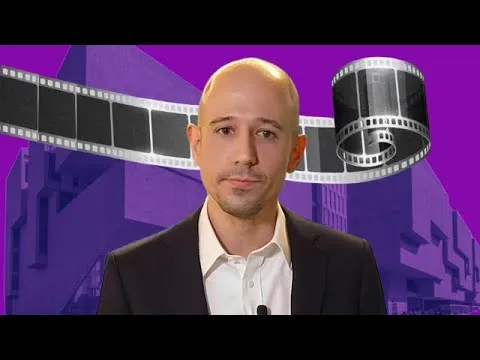
Don't Be Ashamed of Your Financial Troubles if You Want to Avoid... Financial Troubles
In a recent survey, three out of every four Americans reported being anxious about their financial situation. In a society built on the myth that people can succeed if they simply work hard enough, people who are experiencing financial hardship may blame themselves and feel ashamed of their difficulties.
In a recent paper, Adam Eric Greenberg (Bocconi University, Department of Marketing), Joe Gladstone (University of Colorado), Jon Jachimowicz (Harvard Business School), and Adam Galinsky (Columbia Business School) find that financial shame is a critical ingredient in the poverty trap, the vicious cycle whereby the experience of living in poverty makes it hard to escape.
"Shame can be especially problematic for those already experiencing financial hardship. Psychologists have found that shame causes people to hide from their difficulties. But hiding from financial difficulties has the potential to make those difficulties much worse," Professor Greenberg summarizes.
In their paper, the authors found evidence for this relationship in data that followed more than 2,000 people over five years. Not only did they find that financial hardship predicts feeling ashamed. They also found that feelings of shame predicted future financial hardship.
To understand why this is the case, Greenberg and his colleagues also conducted several experiments and examined archival data, all of which pointed in the same direction: people who feel shame are less likely to improve their financial situation.
In one study, research participants were asked to watch a video of a man named Dave and to take his perspective. Participants saw one of two videos: in one of the videos, Dave discussed his shame about his finances; in the other, he discussed mundane details about his day.
"When asked to put themselves in Dave's shoes, those assigned to the video of him discussing his financial shame were less likely to open an email about a payment that was past due. Although this was a hypothetical experiment, the costs of avoidance in real life can be quite high. For example, not opening a bill could result in paying more interest and incurring large fees," Prof. Greenberg says. In a recent op-ed in The Boston Globe, Greenberg and his colleagues noted that "From a rational economic perspective, failing to open past-due bills may seem foolish. But it makes sense from a psychological perspective."
"What we ultimately find," continues Greenberg, "is that shame can reinforce what's known as the poverty trap. By exacerbating financial hardship, shame makes it even more difficult to escape the experience of living in poverty."
In their op-ed, the scholars have three recommendations for policymakers and for people experiencing the poverty trap.
First, institutions should separate the financial situation from the person, both using a language with no stigma attached and avoiding punitive actions, such as imposing high fees on people with overdrawn bank accounts.
Second, the public nature of financial difficulties should be reduced, thus giving people more room to reach out for financial help, including debt services and advice.
Finally, people should become more comfortable talking to each other about money in a judgment-free space, such as that of the Debtors Anonymous program.
Joe J. Gladstone, Jon M. Jachimowicz, Adam Eric Greenberg, Adam D. Galinsky. "Financial shame spirals: How shame intensifies financial hardship." Organizational Behavior and Human Decision Processes, Volume 167, 2021, Pages 42-56, DOI: https://doi.org/10.1016/j.obhdp.2021.06.002.
Joe J. Gladstone, Jon M. Jachimowicz, Adam Eric Greenberg, Adam D. Galinsky. "If money is tight, that's nothing to be ashamed of." The Boston Globe, 2021 (October 27), https://www.bostonglobe.com/2021/10/27/opinion/if-money-is-tight-thats-…
Financial Shame and the Poverty Trap
